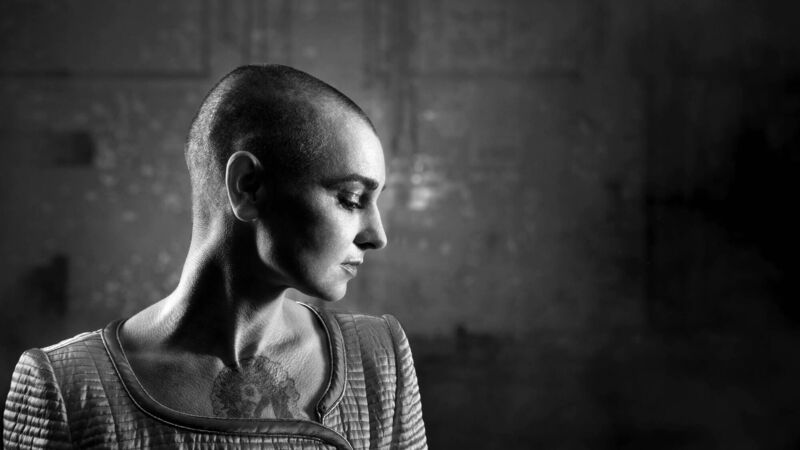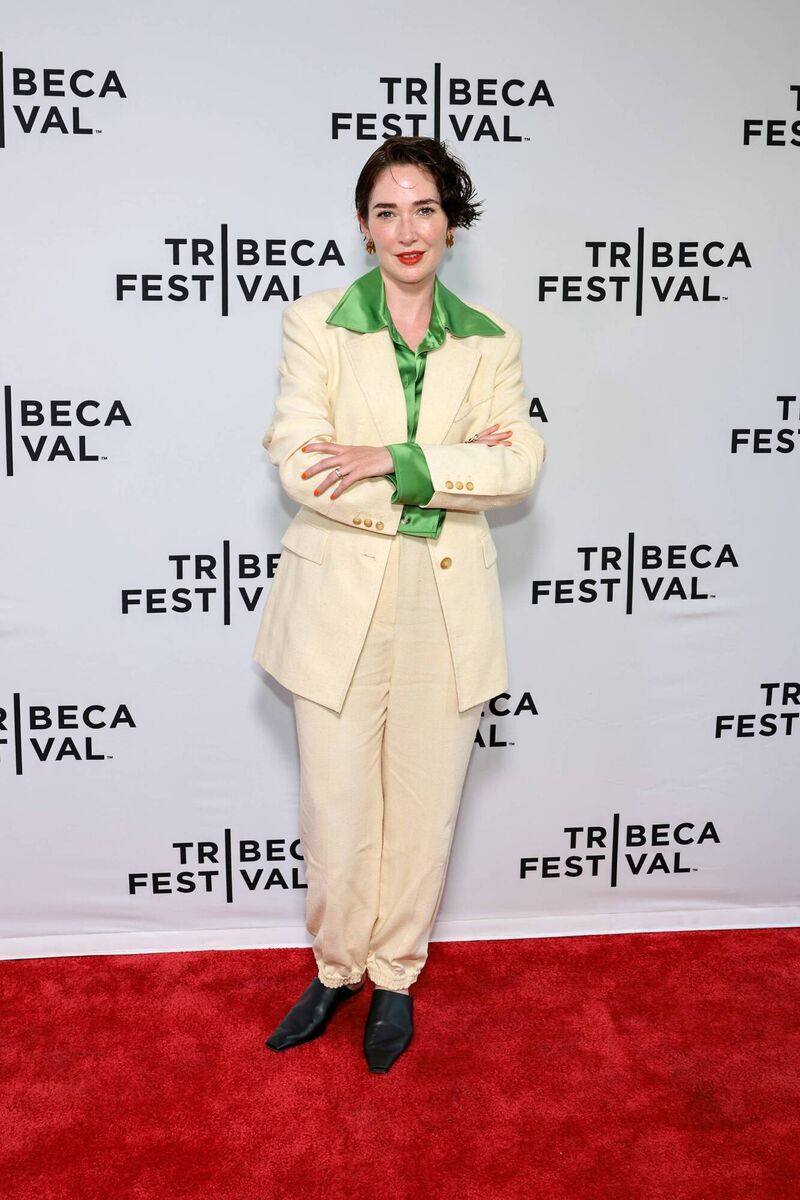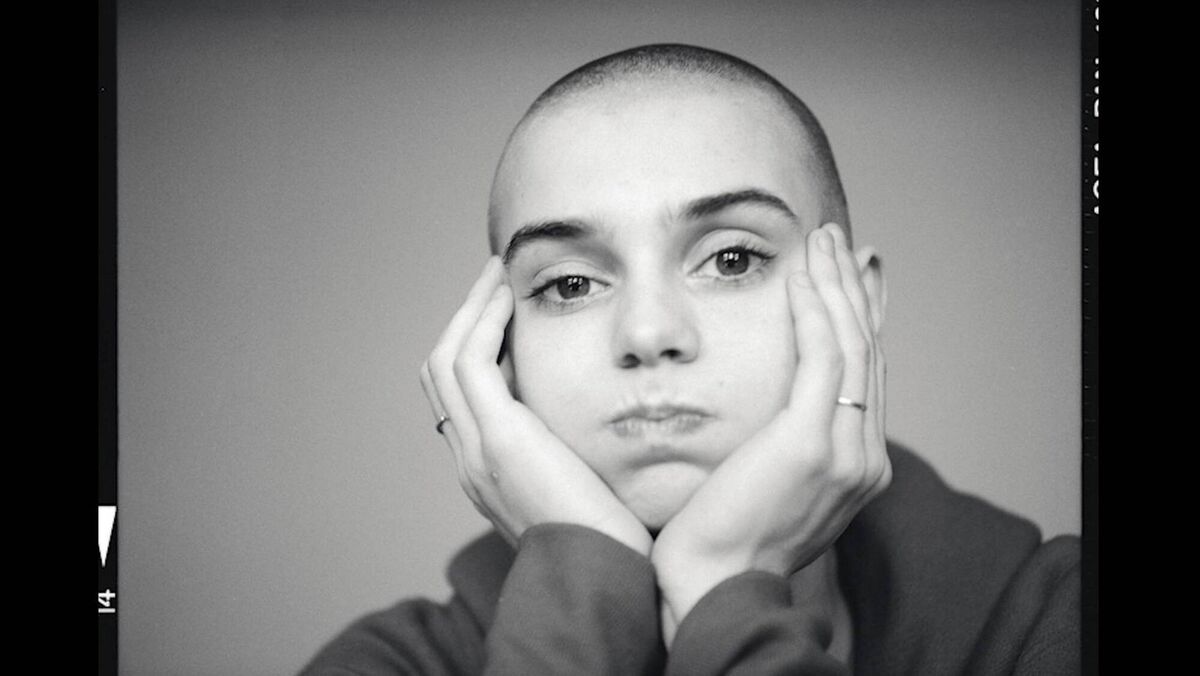Nothing compares to Sinéad O'Connor: Film shines a light on late singer

Sinéad O'Connor used her platform to speak out: one of the subjects on which she took a stand was American foreign policy
In August 1990, Sinéad O’Connor was the world’s most vilified pop star. Five months previously she had topped the US charts with her cover of Prince’s 'Nothing Compares 2 U'. But rather than embrace celebrity in its many flavours of shallowness, she used her platform to speak out.
One of the subjects on which she took a stand was American foreign policy (the first Gulf War had started in early August). Which is why she declined to have the American national anthem played at a concert she was giving in New Jersey. The backlash was immediate, with radio stations across the United States pulling her songs. With the click of a finger, she had gone from heroine to hate figure.
“Today our superstars are expected to speak out. That certainly wasn’t the norm or the trend back then,” says director Kathryn Ferguson, who chronicles O’Connor’s difficult years in the global spotlight in her new documentary, , released on October 7 (2022).
“A lot of what she was speaking about was unpalatable at the time. It wasn’t 'cool' activism, with which you could get on board — that activism with a tiny 'a'. It was subject matter that was very hard for people to hear [such as American intervention around the world]. And that was part of the problem.”

sidesteps music documentary cliches. There are no talking heads. Ferguson doesn’t try to tell O’Connor’s life story, from her upbringing in South Dublin up to the present day. Instead, she focuses on the years immediately after 'Nothing Compares 2 U' spent four weeks at American number one. The portrait that emerges is of an artist who was prepared to stand up for what she believed in — no matter the cost. And who never regretted taking a stand, where more commercially-minded stars might have adopted a conciliatory approach. For O’Connor there was no going quietly into the night, says Ferguson.
“The severe backlash was in America. And Britain too. But really, in America. The outrage. You get to that part of the film where she rips up the picture [of the Pope, on in 1992]. When we screen it, as we have around the world, there are audible gasps in the theatre when you get to the backlash. Because it’s so over the top. And absurd. Steam-rollers in Times Square rolling over her records. Some of the commentary is vile. She was 23, 24.”
O’Connor was 'cancelled' she says, before cancel culture was a thing. That vitriol wasn’t just from the right. After she boycotted the National Anthem in New Jersey and then refused to appear at the 1991 Grammys, people from across the spectrum criticised her (from MC Hammer to Frank Sinatra, who threatened to “kick her ass”).
Following the ripping up of the Pope’s picture she was even booed in New York at a Bob Dylan tribute show — hardly an environment you would expect to find brimming with reactionaries. "What are those people even doing at a Bob Dylan concert?" wonders singer John Grant in the film.
“It was very gendered,” says Ferguson. “And I think, also, the issue from what I can see looking at the whole era is that Sinéad was an artist from the counter-culture. She was a non-conformist, antiestablishment artist who finds herself catapulted into this superstar realm. Where people expected her to be grateful and to play the game. And you have an artist with a pretty punk ethos who won’t be controlled or told what to do. People don't like it. Not one bit.”

Ferguson grew up listening to O’Connor’s music, having been introduced to her when her dad slapped O’Connor’s 1987 debut, on the car stereo. She was smitten. In 2012, she met the singer in person, when O’Connor invited her to direct the video for her single '4th and Vine', from the album,
That the story of what happened to O’Connor was worth telling was long obvious to Ferguson, who cut her teeth making pop videos and avant-garde shorts. However, she wondered if the singer was prepared to revisit a painful chapter. She was surprised when the word came back that she was happy to be interviewed. And so they sat together in 2019 (present-day O’Connor does not appear on camera but we hear her extensively). What comes through powerfully from those conversations is that O’Connor has no regret for how she had negotiated fame.
“She certainly stuck to her guns and the things that she cared about. And I think that's fascinating because the media has played a big part in often reducing what she has to say. And being very reductive about her voice and her consistency. As a film-maker who has gone through maybe 100 hours of her interviews, she's rock solid. She is very, very consistent. It’s hard to get my head around the portrayal they have of her [as inconstant] when you read the interviews. It doesn’t add up.”
One surprise is that the campaign against O’Connor was far more pronounced in America and Britain than in Ireland, supposedly, in the early 1990s, still a hotbed for Catholic conservatism. “The amount of vitriol this young girl from Dublin has caused on this global scale is fascinating. They were taking her very seriously to have that much of a reaction.”
But if the worst of the backlash was in the United States, this is still ultimately an Irish story. O’Connor talks about how her mother abused her, physically and emotionally. She frames this as a parent passing down to her daughter the trauma she had inherited from her mother. Psychic wounds caused by colonialism and theocracy were resonating down the decades, from generation to generation.
“It’s certainly something that as a country, we're all still massively dealing with in life. The country has been reeling from this trans-generational trauma for the last couple of hundred years,” says Ferguson. “She made a very beautiful point about that, about her mother, her mother's mother…it is so ingrained. All that we've experienced as a country. And so I thought that was a very poignant thing that she said. And very true."
Ferguson includes several of O’Connor’s interviews with Gay Byrne. In the early 1990s, Byrne was regarded as supportive of O’Connor. Today, in these clips, he comes across as hugely condescending.
“We very much wanted to include it because as far as I was aware that they have had a very nice relationship. And all we did do was play out the clips and interactions. Certainly, there has been a lot of commentary on maybe how patronising it comes across. It’s tricky. We didn’t set out to try to do that. Watching TV of that time — it wouldn’t have been just Gay Byrne, I imagine it would have been a widespread interview style. It’s peculiar watching it now. Certainly it’s caused quite a lot of comments.”
O’Connor has had a challenging time lately and Ferguson has not been in contact with her: “We don’t know if she has seen the film and we certainly are not pressing it on her this year. We do know she has been very supportive of us.”
And that support has been rewarded with a documentary that tells a familiar story from a new perspective — and which argues forcefully that O’Connor was not only a protesting voice in the wilderness but a pop star who, in her willingness to speak out, was ahead of her time.
- Nothing Compares is on Sky Atlantic and Now from July 29


